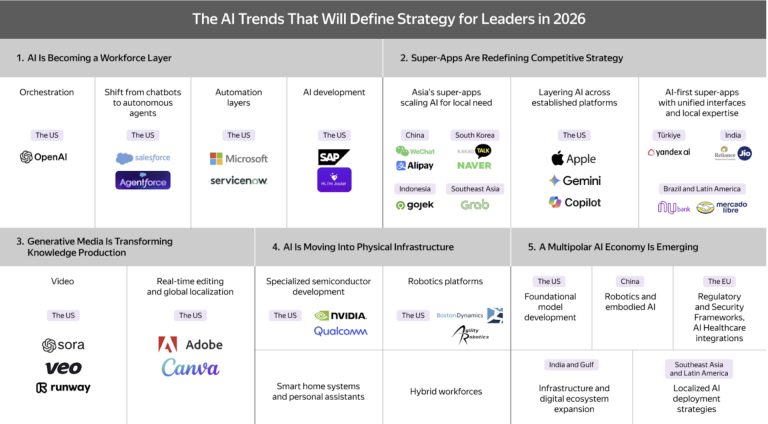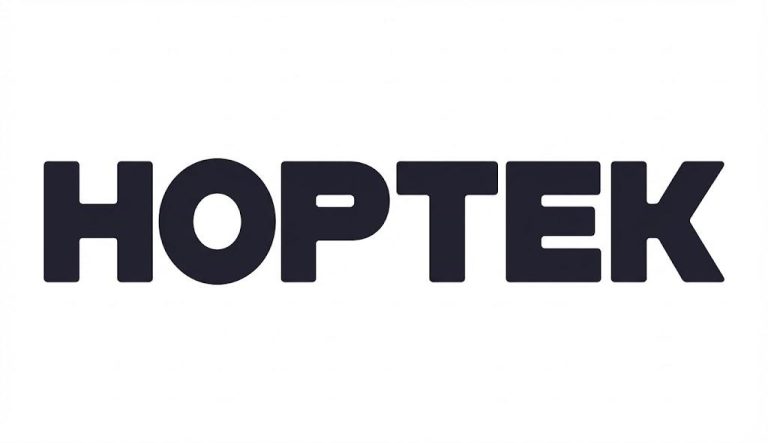
Finding a job in the U.S. is getting tougher. In fact, in July, the country added just 73,000 jobs, which suggests the labor market is weakening substantially.
Not only that, but data for May and June was also revised downward, with the estimated 144,000 net job gain in May revised down to just 19,000 jobs and the June estimate of 147,000 revised down to 14,000 [1].
Must Read
- Thanks to Jeff Bezos, you can now become a landlord for as little as $100 — and no, you don’t have to deal with tenants or fix freezers. Here’s how
- I’m 49 years old and have nothing saved for retirement — what should I do? Don’t panic. Here are 6 of the easiest ways you can catch up (and fast)
- Dave Ramsey warns nearly 50% of Americans are making 1 big Social Security mistake — here’s what it is and 3 simple steps to fix it ASAP
With fewer jobs available and unemployment on the rise, getting noticed and getting hired is going to be harder. That’s why it can be helpful to look at what CEOs and executives suggest to maximize your chances of standing out and getting an offer.
In fact, it’s helpful to both look at what leaders say you should do and, perhaps even more importantly, what they say you shouldn’t do. There are certain red flags and behaviors that could be all-but-dooming your chances.
Walmart exec says you won’t get hired if you do this
Walmart employs around 2.1 million people worldwide, including 1.6 million associates in the U.S. [2]. Donna Morris, the company’s executive vice-president and chief people officer, has a pretty clear position on who should be hired to fill those roles.
“Nobody wants [to hire] a Debbie Downer,” Morris told CNBC Make It [3].
She defined a Debbie Downer to include someone who is "constantly negative. You know they’re going to show up [and] they’re going to bring the problem, never the solution. I like people who bring the problem and a suggestion for how they might resolve [it].”
Merriam-Webster has a similar yet broader definition of a Debbie Downer, explaining that they are "a negative or pessimistic person" or "a person who speaks only of the bad or depressing aspects of something and lessens the enthusiasm or pleasure of others” [4].
Of course, Morris’ position makes sense. And past research [5] has shown a single toxic employee can cost a company around $12,489 because of other workers leaving the team since they don’t want to work with someone who is toxic.
Anyone who has ever worked with an overly negative coworker understands just how frustrating that can be, and why people might leave a job to get away from that situation if given the opportunity.
Read more: Robert Kiyosaki warns of a ‘Greater Depression’ coming to the US — with millions of Americans going poor. But he says these 2 ‘easy-money’ assets will bring in ‘great wealth’. How to get in now
Here’s how to get ahead
Morris did not just say what not to do. She also shared some green flags that she looks for, including employees who "deliver what you are expecting at the time that you’re expecting," and those who are "open to opportunities, and they put their hand up to take on more."
And, of course, because problems inevitably do happen (albeit less often than a Debbie Downer might think), Morris also made clear that she likes people who are proactive in addressing them.
"They bring a problem with the remedy or request help in a timely manner,” she said, “as opposed to the house is on fire.”
This advice about problem-solving is similar to a green flag shared by Whole Foods CEO Jason Buechel, who told [6] CNBC Make It, "I gravitate towards people who love problem solving, and [use the skill] to solve things that help the organization, help our stakeholders [and] our team members."
With leaders emphasizing the importance of being a problem-solver, it doesn’t hurt to showcase these traits during a job interview, perhaps by sharing examples of how you have solved problems in the past.
There are also some other traits that can help you stand out.
Walt Disney Company CEO Bob Iger also shared [7] Morris’ opinion on not wanting pessimistic employees, saying, “You’ve got to be an optimist. You can’t be a pessimist. When you come to work, you’ve got to show enthusiasm and spirit. You can’t let people see you brought down by the experience of failure. You don’t have that luxury."
Author and NYU Stern School of Business professor Suzy Welch recommends [8] showing nerve, or the ability to make decisions quickly and decisively; elasticity, or embracing reinvention; steadiness, or soundness and resilience; and a sense of wonderment. She said if she spots people with all four of these traits, “I try to hire them on the spot."
While you may not have all of these traits, it’s worth working on developing them. With such a tough job market out there, you can’t afford to bring red flags to the table — and maximizing your green flags could be just the ticket to getting ahead in a tough economic environment.
What to read next
- How much cash do you plan to keep on hand after you retire? Here are 3 of the biggest reasons you’ll need a substantial stash of savings in retirement
- There’s still a 35% chance of a recession hitting the American economy this year — protect your retirement savings with these 5 essential money moves ASAP
- This tiny hot Costco item has skyrocketed 74% in price in under 2 years — but now the retail giant is restricting purchase. Here’s how to buy the coveted asset in bulk
- Want an extra $1,300,000 when you retire? Dave Ramsey says this 7-step plan ‘works every single time’ to kill debt, get rich in America — and that ‘anyone’ can do it
Join 200,000+ readers and get Moneywise’s best stories and exclusive interviews first — clear insights curated and delivered weekly. Subscribe now.
Article sources
At Moneywise, we consider it our responsibility to produce accurate and trustworthy content people can rely on to inform their financial decisions. We rely on vetted sources such as government data, financial records and expert interviews and highlight credible third-party reporting when appropriate.
We are committed to transparency and accountability, correcting errors openly and adhering to the best practices of the journalism industry. For more details, see our editorial ethics and guidelines.
[1]. U.S. Bureau of Labor Statistics. “Employment Situation Summary”
[2]. Walmart. “How many people work at Walmart?”
[3]. CNBC Make it. “Walmart exec shares the ultimate red flag she sees in employees: ‘Nobody’ will want to hire you”
[4]. Merriam-Webster. “Debbie Downer”
[5]. Harvard Business School. “Toxic workers”
[6]. CNBC Make It. “Whole Foods CEO shares the No. 1 green flag he looks for in employees: ‘That’s what I love and get excited about’”
[7]. Harvard Business Review. “The HBR Interview: Technology, Tradition, and the Mouse”
[8]. CNBC Make It. “CEO: When I meet someone with these 4 traits, I try to hire them ‘on the spot’—they’re ‘rare but invaluable’”
This article provides information only and should not be construed as advice. It is provided without warranty of any kind.


